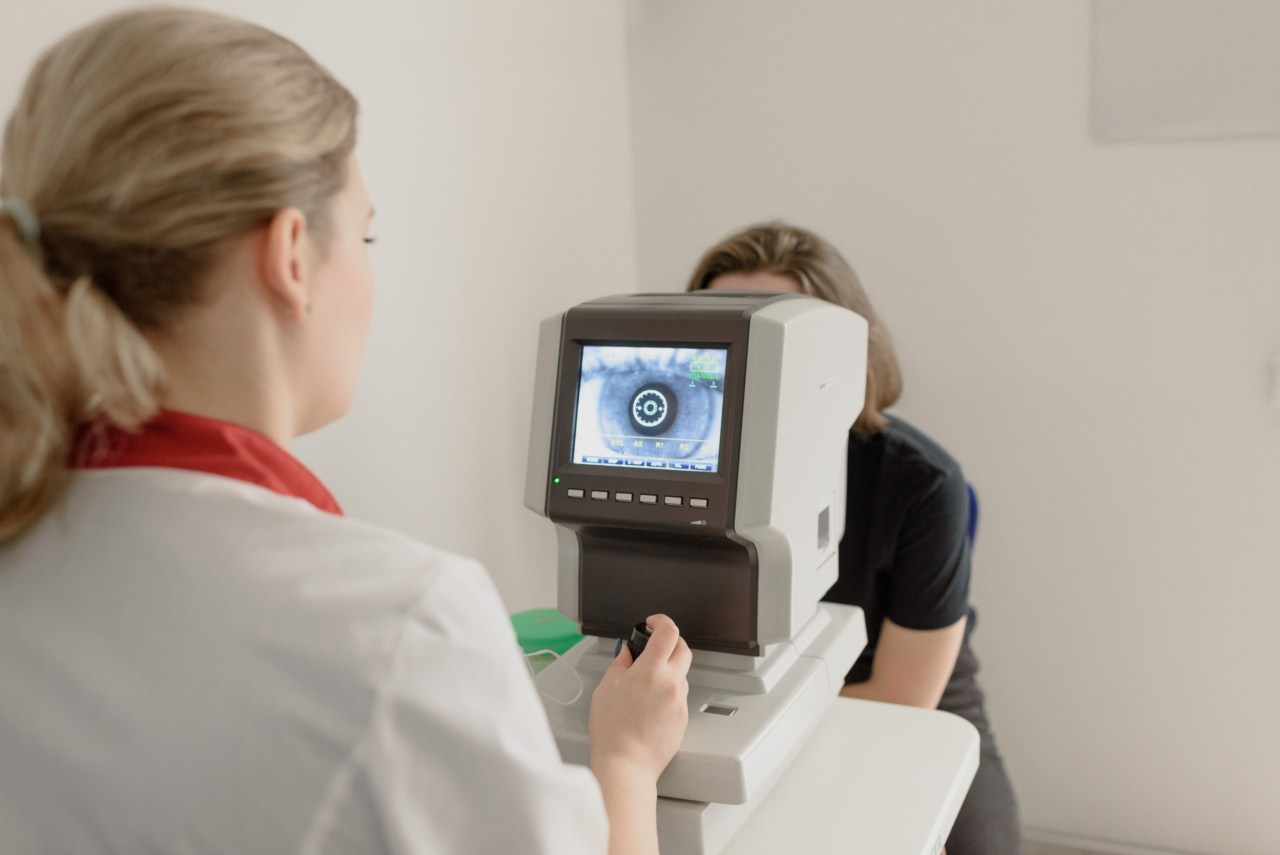When it comes to our health, we often prioritize certain aspects more than others. We visit our primary care physician regularly, go for dental check-ups, and even schedule routine appointments with specialists to keep our overall well-being in check.
However, there is one area that often gets overlooked – our eyes. Many people underestimate the importance of regular eye exams and fail to realize that there are various unseen conditions that may require an ophthalmologist consultation.
In this article, we will explore some of these conditions and emphasize the significance of seeking professional help.
1. Diabetic Retinopathy
Diabetic retinopathy is a serious eye condition that affects individuals with diabetes. It occurs when high levels of blood sugar damage the blood vessels in the retina – the light-sensitive tissue at the back of the eye.
At its early stages, this condition may not show any noticeable symptoms, making it difficult to detect without a comprehensive eye examination. Regular consultation with an ophthalmologist is crucial for individuals with diabetes to identify and manage diabetic retinopathy before it progresses and causes irreversible vision loss.
2. Glaucoma
Glaucoma is often referred to as the “silent thief of sight” due to its gradual progression and lack of noticeable symptoms in the early stages.
It is a condition where the optic nerve, responsible for transmitting visual information from the eye to the brain, becomes damaged usually due to increased intraocular pressure. Without proper treatment, glaucoma can lead to permanent vision loss.
Regular visits to an ophthalmologist are essential as they can detect glaucoma early through comprehensive eye exams and provide appropriate medical or surgical interventions to prevent further damage.
3. Age-Related Macular Degeneration
Age-related macular degeneration (AMD) is a common eye condition affecting individuals over the age of 50. It is characterized by the deterioration of the macula – the small central portion of the retina responsible for sharp, central vision.
Symptoms of AMD may include blurred or distorted vision, dark spots, or straight lines appearing wavy. While early-stage AMD may go unnoticed, routine consultations with an ophthalmologist can aid in early detection and the implementation of preventive measures to slow down disease progression.
4. Cataracts
Cataracts refer to the clouding of the lens inside the eye, leading to a progressive loss of vision. Although cataracts are often associated with aging, they can also occur due to other factors such as genetics, trauma, or certain medications.
While cataracts are treatable through surgery, an ophthalmologist should evaluate their severity and recommend the appropriate time for surgery. Regular check-ups allow for the monitoring of cataract progression and ensure optimal timing for intervention when needed.
5. Dry Eye Syndrome
Dry eye syndrome is a condition that occurs when the eyes do not produce enough tears or when the tears evaporate too quickly. This condition can cause discomfort, a gritty sensation in the eyes, blurred vision, and sensitivity to light.
Though it may seem like a minor issue, persistent dry eye syndrome can lead to corneal damage and vision problems. Consulting with an ophthalmologist can help identify the underlying causes of dry eye syndrome and provide appropriate treatment options to alleviate symptoms and prevent further complications.
6. Retinal Detachment
Retinal detachment is a serious eye emergency that requires immediate medical attention. It occurs when the retina is lifted or pulled away from its normal position at the back of the eye.
Warning signs of retinal detachment include sudden flashes of light, floaters, or the perception of a curtain-like shadow over the visual field. If left untreated, retinal detachment can result in permanent vision loss. Thus, prompt consultation with an ophthalmologist is crucial to prevent irreversible damage and preserve vision.
7. Conjunctivitis
Conjunctivitis, commonly known as pink eye, is an inflammation of the conjunctiva – the clear tissue that lines the eyelids and covers the white part of the eye. It can be caused by viral or bacterial infections, allergies, or irritants.
While conjunctivitis is usually not a serious condition, it can be highly contagious and may require medical intervention in certain cases. An ophthalmologist can accurately diagnose the cause of conjunctivitis and recommend appropriate treatments, ensuring a speedy recovery and preventing the spread of infection.
8. Color Vision Deficiency
Color vision deficiency, more commonly known as color blindness, is a condition where individuals have difficulty distinguishing certain colors or perceiving them accurately.
It can be an inherited condition or acquired due to underlying health problems or eye injuries. Although color blindness does not cause significant harm, it can affect daily life, educational performances, and certain career options.
An ophthalmologist can perform specific tests to diagnose color vision deficiency and provide appropriate recommendations to individuals with this condition.
9. Refractive Errors
Refractive errors, such as nearsightedness (myopia), farsightedness (hyperopia), and astigmatism, are common conditions that affect the eye’s ability to focus properly.
They occur when the shape of the eye or the cornea prevents light from focusing directly on the retina, resulting in blurred vision. While refractive errors can often be managed with glasses or contact lenses, consulting with an ophthalmologist is essential to receive an accurate prescription and explore alternative treatment options like laser vision correction.
10. Ocular Tumors
Ocular tumors refer to abnormal cell growth within the eye or its surrounding structures. While ocular tumors are relatively rare, they can have serious implications on vision and overall eye health.
Some tumors may be benign, while others can be malignant and require immediate treatment. Regular consultations with an ophthalmologist allow for early detection of ocular tumors through comprehensive eye exams and enable timely intervention to prevent potential complications.
Conclusion
Our eyes are precious and vital for overall well-being. By recognizing the importance of regular ophthalmologist consultations, we can detect unseen eye conditions early, receive appropriate treatments, and prevent vision loss.
Whether it’s diabetic retinopathy, glaucoma, age-related macular degeneration, or any other condition, seeking professional help is essential for maintaining healthy vision throughout our lives.





















